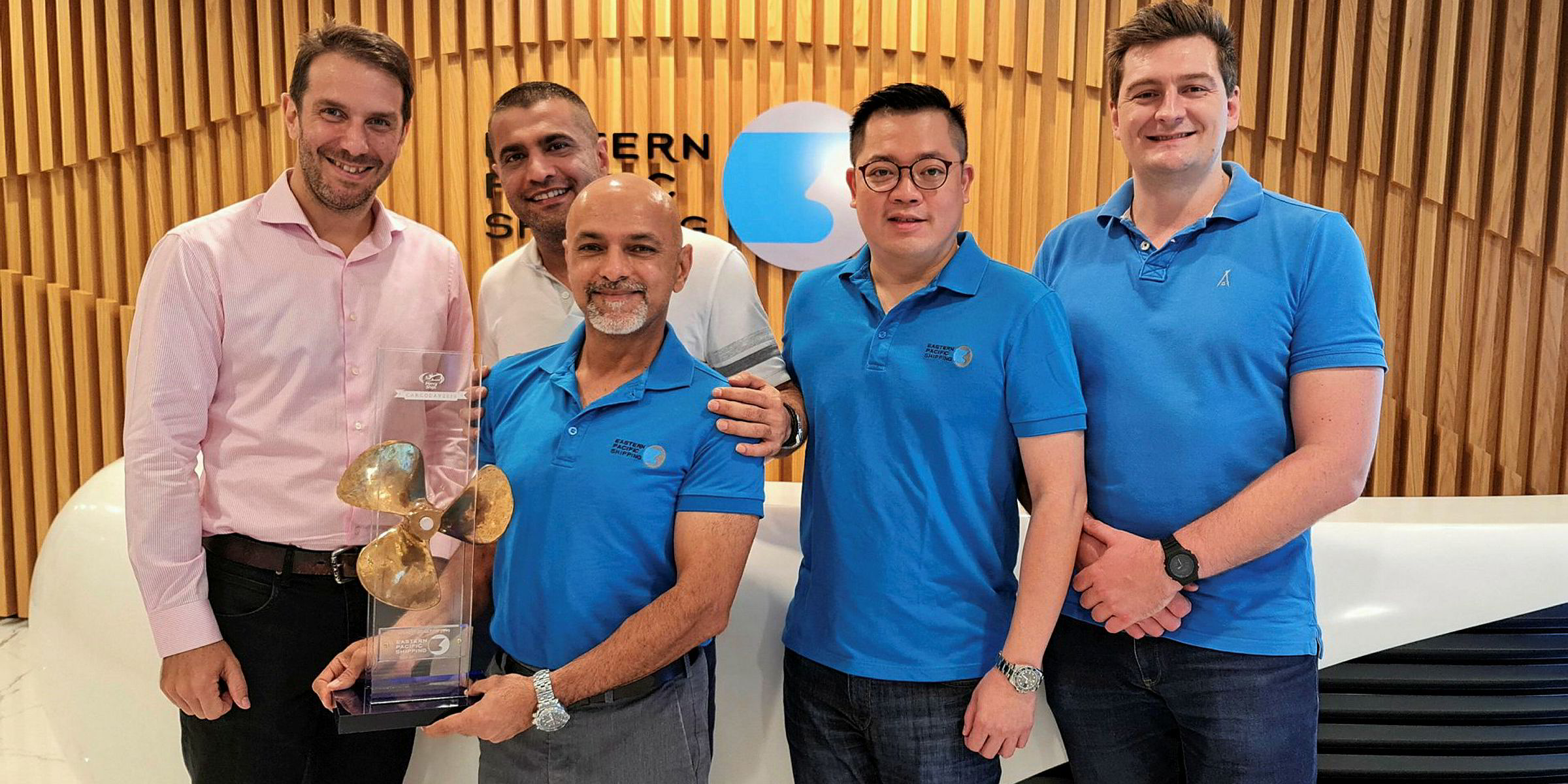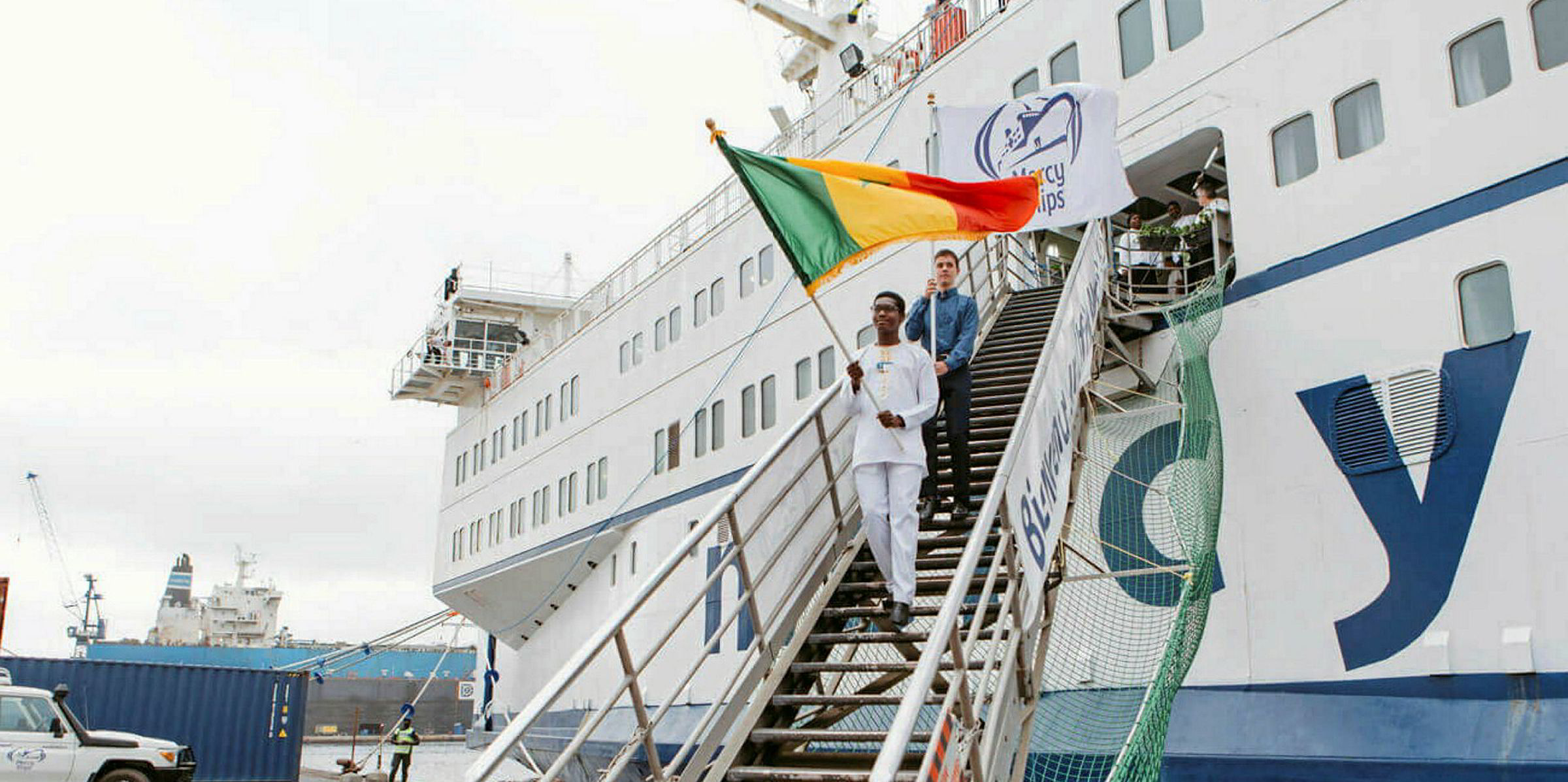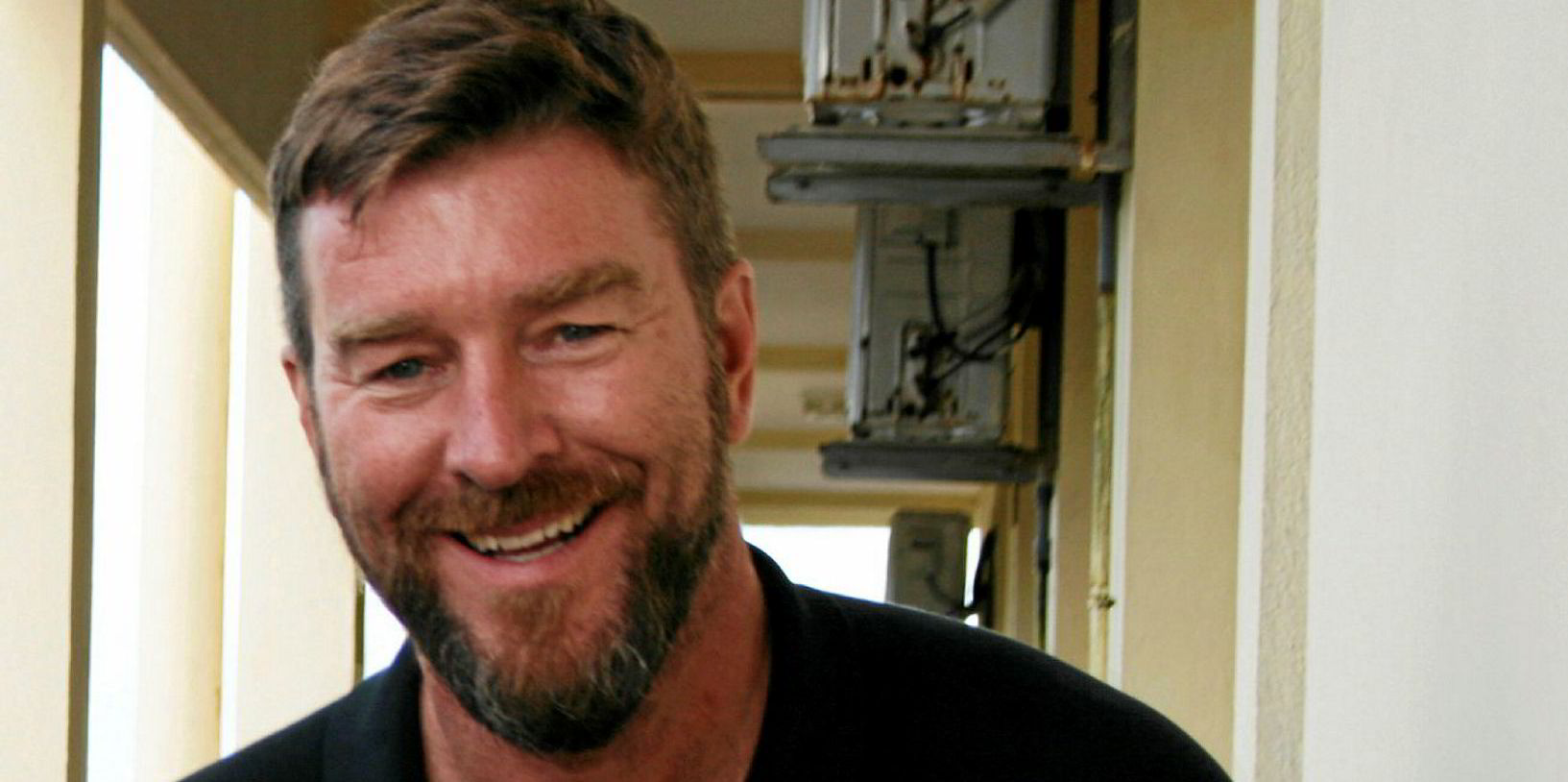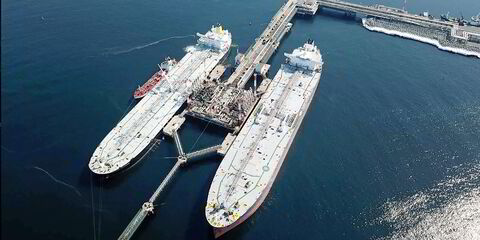Mercy Ship's newbuilding hospital vessel's total cost of almost $200m has largely been raised from private donations, but the $20m annual operating costs have still to be found.
The charity's Cargo Day, which has raised $3m from the shipping industry since 2016, is a major boost for funding the 4,500-dwt Global Mercy.
It is hoped this year's effort on 4 November can go some way to matching last year’s record, despite difficulties caused by the pandemic.
“For us to hit the same mark of $1.3m last year will be a challenge. I am really hoping we bring in over $1m because the needs are so huge in Africa. Now is not the time for us to slow down,” Mercy Ships executive director Bryce Wagner said.
“Hospitals are saturated right now with Covid patients, but there is a huge backlog of children with cleft lips and blind people. The backlog of regular surgery needs is growing exponentially.”
Wagner stressed: “We are so grateful about what has been done with Cargo Day — $3m over four years has literally changed the lives of hundreds of thousands of people in Africa.”
“We are in it for the long haul, so if this year is a challenge I would rather continue to build our relationships and say 'how do we create this flywheel that creates a regular revenue so we can do more five and 10 years from now'.”
Trophy winners
Most of the money raised has come from the tanker broking sector. Last year 27 charterers, 21 shipowners, 28 shipbrokers, three port agents and four other organisations participated.
In total, 135 cargoes were allocated by brokers and charterers, 20 address commissions were contributed by charterers, and shipowners stepped forward with 34 pledges of money.
Four companies who gave the most were awarded trophies that would normally have been handed over at a gala event in Geneva, but this year were presented virtually by video.
Lukoil-Litasco was awarded best charterer in last year, while ST Shipping won the honorary prize for giving all its address commission on Mercy Cargoes to match the 50% commissions given by brokers.
Eastern Pacific Shipping (EPS) made the highest donation last year, and in the lead up to Cargo Day promoted the event to its brokers and partners to maximise as many fixtures as possible, not only with EPS but with their counterparties as well.
If we can branch out and get double the number of people giving half as much because times are hard, then we are growing for the long term
Bryce Wagner
Chetan Desai, corporate communication manager for EPS, said it will “not be hosting any in-person events this year, but that will not stop it or Mercy Ships' many other partners from promoting and contributing towards this great cause”. Social channels will be important.
BRS set up Cargo Day but tanker vice president Tim Webb stressed that other brokers, including Clarksons, Braemar ACM and Fearnleys, have become strongly involved.
Webb said brokers brought in about 50% to 60% of the funds raised last year through giving 50% of their cargo commissions. Donations raised about 30% to 35% and address commissions about 10%.
It is not just about cargoes on the actual day, the effort is spread out over a month, as charterers cannot give out all their fixtures in one go. The cut-off is at the end of November.
Address commissions, now that they are generally 2.5% rather than 1.25%, could and should be more important.
However, Webb conceded that it is more difficult for big charterers and traders to get permission to donate because they need to ensure compliance issues and get corporate go-aheads when companies may already support other charities.
Webb added that he has sought to involve dry cargo brokers who like the idea but have not been able to sell it to the overall industry.
Double the numbers
“We need to find one guy in dry bulk who is charismatic, that’s got a voice and can push some of the brokers and charterers to participate,” he said.
The hope is that tanker owners who made strong profits early in the year will be willing to give something back.
But Wagner added: “If we can branch out and get double the number of people giving half as much because times are hard, then we are growing for the long term.”
All funds raised byCargo Day are used for the work in Africa — not paying for the ships. Mercy Ships, he said, is extremely cost efficient because the doctors, nurses and people on board all volunteer their services and even pay their own airfares and for room and board on the vessel.





